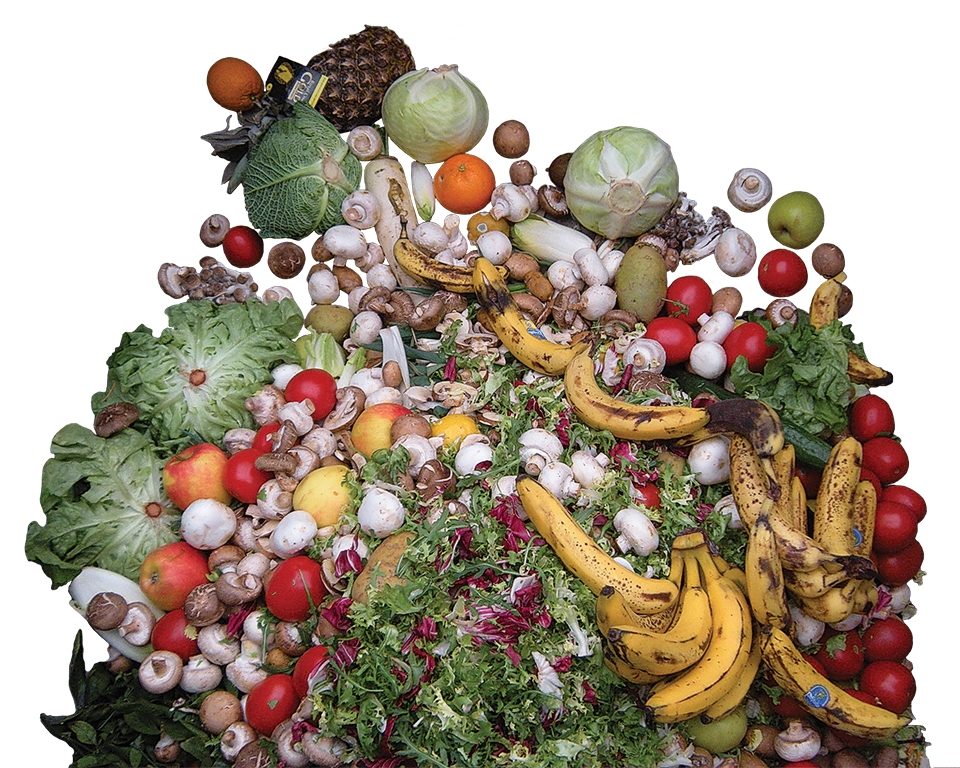 Credit: Wikimedia Commons
Credit: Wikimedia Commons
Leo Sakaguchi cares about the leftovers on your plate. A visiting student researcher working with Professor Matthew Potts in UC Berkeley’s Department of Environmental Science, Policy and Management, Sakaguchi realized how little was known about the food that goes uneaten in restaurants. He decided to conduct a small-scale survey of 29 Berkeley restaurants to see how they handle their food waste.
Not all food waste is created equal. Some food waste is edible and can be donated to charities or staff members. Other food waste is inedible and can be composted. However, almost all (93 percent) of the restaurants Sakaguchi surveyed do not distinguish between different kinds of food waste. Nearly one in six restaurants sends all of their food waste to the landfill.
Sakaguchi found that how restaurants deal with food waste changes depending on whether they are chain restaurants or privately owned businesses. Chain restaurants generally follow standardized guidelines, while privately owned businesses can have more leeway on individualizing food disposal policies. Despite these policy differences, Sakaguchi found that three out of every four restaurants did not seek out food donations as a solution to edible food waste.
While Sakaguchi’s research surveys a slice of Berkeley restaurants, the results confirm the potential for reducing food waste or making better use of leftovers. For example, restaurants could be educated about the tax benefits they can obtain by donating excess food to charity. But for now, consumers can make the biggest impact by finishing their plates or taking home doggy bags.
This article is part of the Fall 2016 issue.



